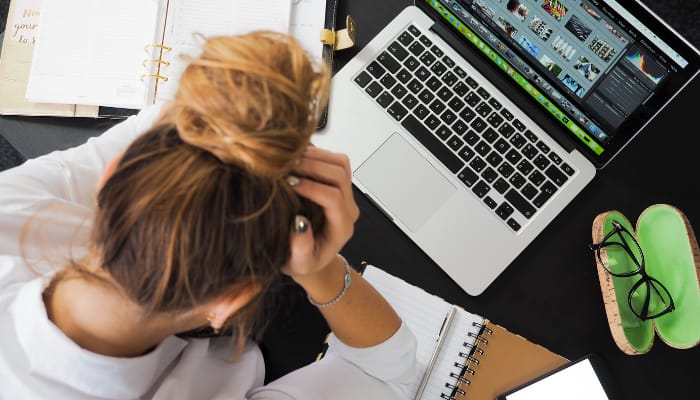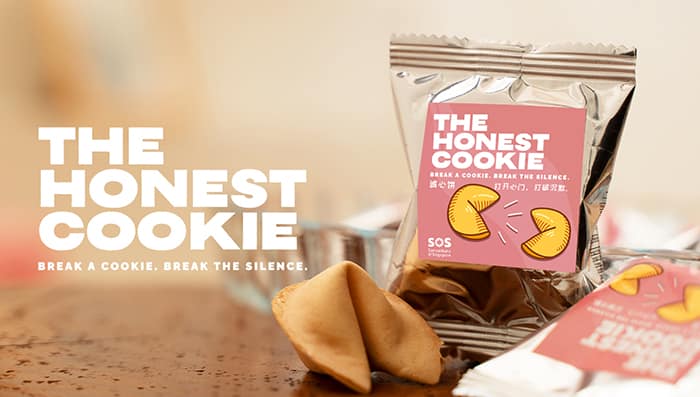India – Due to the uncertainty and fears brought about by the pandemic, there has been a decline in people’s mental health, and with this, Indian insurance firm Bajaj Allianz General Insurance has launched a new campaign to emphasize the need for helping friends, family, and colleagues struggling with anxiety.
In partnership with WATConsult, the digital marketing arm of hybrid digital agency Isobar, Bajaj Allianz General Insurance’s ‘Unloop the Loop’ campaign highlights the psychological phenomenon of constantly being stuck in a negative thought loop. The 4-film campaign aims to create empathy for the ones undergoing such loops every other minute of their lives. Each loop video is centered around a different pain point – relationship, work, and general wellbeing, and the notable pace of copy clubbed with looping visuals seeks to nudge the audience to act upon the call to action.
The campaign leads audiences to a downloadable kit with a step-by-step guide to initiate the mental health conversation, simplifying the process of reaching out.
Tapan Singhel, Bajaj Allianz General Insurance’s CEO and managing director, said that people have been anxious and uncertain because of this virus which has affected millions across the world, and as a brand, they needed to step in and say that they do care and so do the people around.
“I’m sure that this mental healthcare kit will act as a guide and make people open up, but most importantly restore hope to emerge stronger from this and every crisis we face in the future,” said Singhel.
Meanwhile, Heeru Dingra, the CEO at Isobar India, said, “All of us have been stuck in the loop of negative thoughts at some point in our life. But the intensity varies for each one of us. It is imperative to welcome these life-saving mental health conversations and act as a safe space for each other.”
Sahil Shah, WATConsult’s managing partner, commented, “I believe that empathy is an understated value. It can bridge the gaps between the listener and the worrier. Just this one simple act has the most powerful effect on the one who has been struggling to unloop the loop themselves. And I believe we have taken one big step forward through this campaign.”








